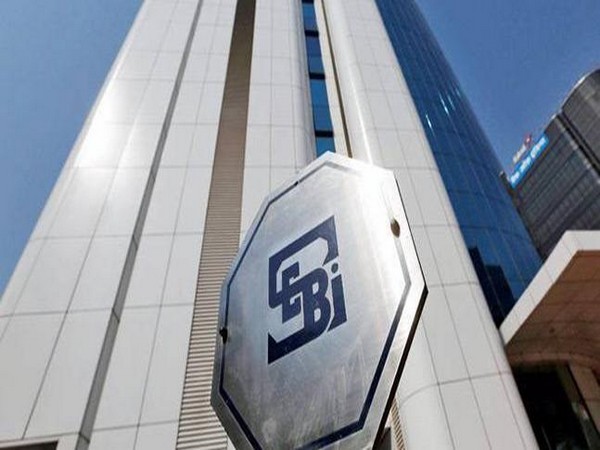Sebi orders attachment of bank, demat accounts of Jindal Cotex, 3 officials for GDR manipulation

- Country:
- India
Sebi on Tuesday ordered the attachment of bank and demat accounts of Jindal Cotex and its three officials to recover Rs 14.55 crore in a matter related to manipulation in the issuance of global depository receipts (GDR).
The recovery proceedings against the four entities -- Jindal Cotex, Sandeep Jindal, Rajinder Jindal and Yash Paul Jindal -- for Rs 14.55 crore, includes interest, all costs, charges and expenses, the Securities and Exchange Board of India (Sebi) said in the attachment order.
In its notice, Sebi asked all the banks, depositories and mutual funds not to allow any debit from accounts of Jindal Cotex Ltd (JCL), Sandeep, Rajinder and Yash Paul Jindal. However, credits have been allowed.
Further, the market watchdog has directed all banks to attach all accounts, including lockers, of the defaulters.
Earlier, the regulator in January 2020 had levied a total fine of Rs 10.3 crore on JCL, while its directors and chairman Sandeep Jindal faced a fine of Rs 20 lakh. Rajinder Jindal and Yash Paul Jindal were fined Rs 10 lakh each.
The order came after Sebi conducted an investigation between June and July 2010, and found that the firm had issued 5 million GDRs amounting to USD 38.75 million in June 2010.
During the probe, Sebi observed that the entire GDRs were subscribed by only one entity Vintage FZE (now known as Alta Vista International FZE).
The subscription amount for GDR was paid by Vintage after obtaining a loan from European American Investment Bank (EURAM).
The regulator found that the loan paid by Vintage was secured by a pledge agreement between JCL and EURAM Bank.
According to Sebi, the firm was found to have made false and misleading corporate announcements.
JCL did not inform stock exchanges with regard to the pledge agreement entered into with EURAM Bank for the subscription of GDRs, delisting of GDRs on the Luxembourg Stock Exchange and termination of the GDR programme, which were price-sensitive information and could have impacted the price of the scrip.
The regulator said that ''the GDRs were not issued in a genuine manner, but rather through a fraudulent arrangement''.
With this fraudulent arrangement, the firm violated PFUTP (Prohibition of Fraudulent and Unfair Trade Practices) norms, and by not making requisite disclosures to the exchanges, it violated listing agreement rules, Sebi said.
(This story has not been edited by Devdiscourse staff and is auto-generated from a syndicated feed.)
ALSO READ
Sebi's Integrated Filing System to Simplify Compliance for Listed Entities
Sebi Settlement: Manu M Parpia Resolves Compliance Case
SEBI Cracks Down on Ketan Parekh and Associates for Front-running Scheme
Sebi Deepens Investigation into ZEEL's Listing Violation Allegations
Sebi Cracks Down on Front-Running Scheme: Ketan Parekh Barred










